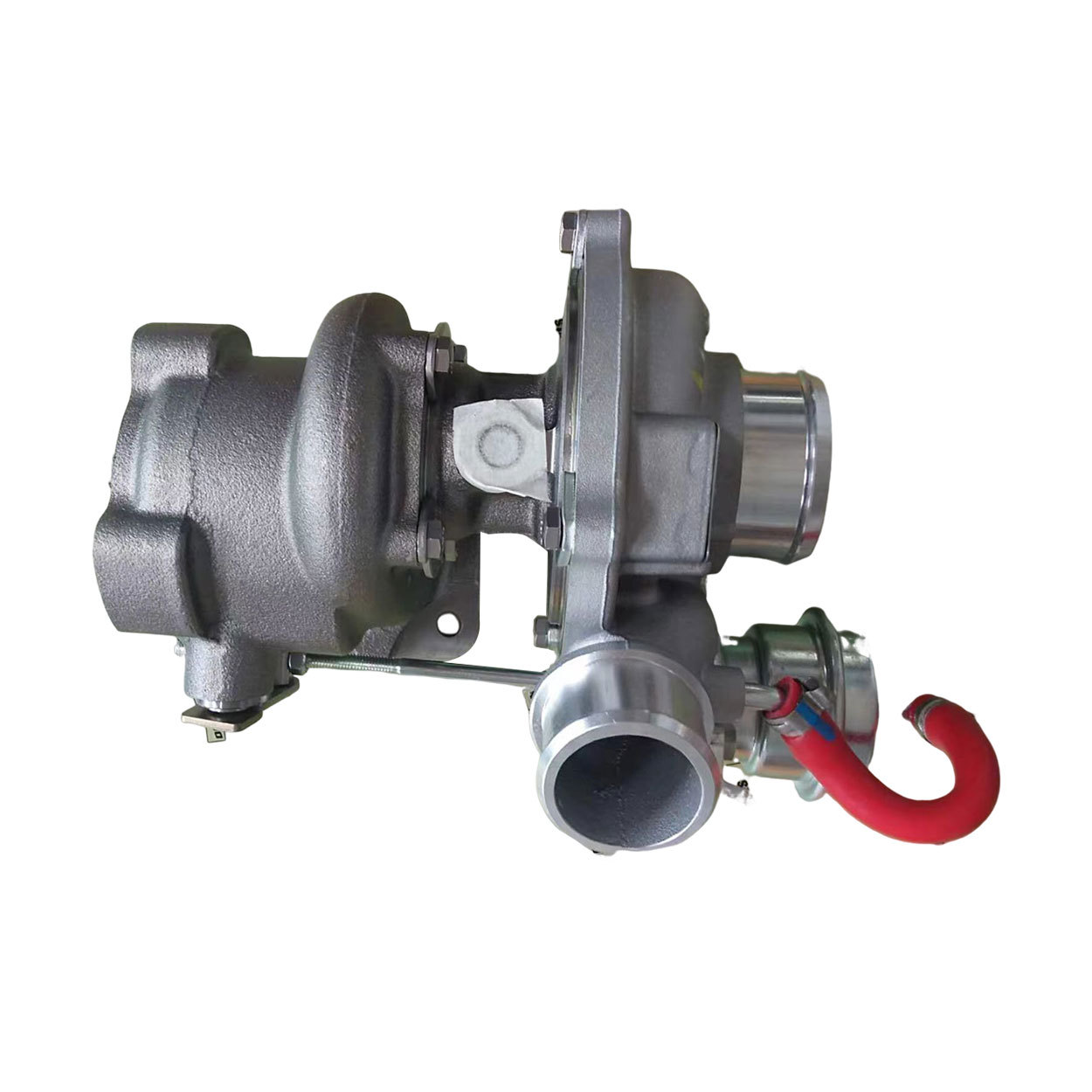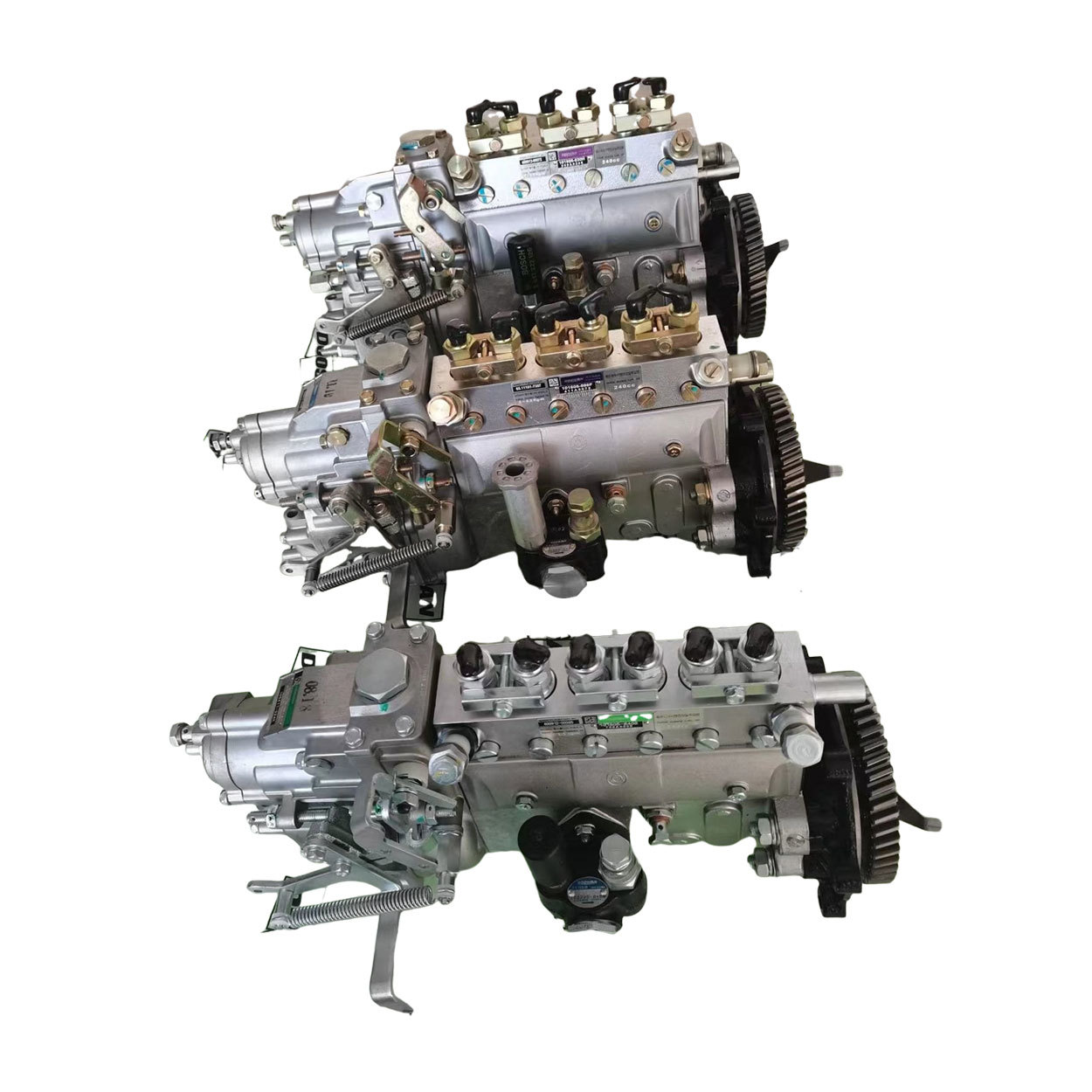Contact Us
E-mail:
15315169960@qq.com
Phone:
0086-18305352588
Address:
No. 59-50, Shuguang West Road, Fushan District, Yantai City, Shandong Province


Piston
- Details
-
A piston is a crucial component in many mechanical systems, playing a key role in converting pressure into mechanical energy. By understanding how pistons work and their various applications, we can appreciate the importance of this simple yet powerful device.
The basic function of a piston is to move up and down within a cylinder, creating a tight seal to contain high-pressure gases or fluids. As the piston moves, it forces the fluid or gas to move through the system, generating mechanical motion. This motion can be used to drive machinery, vehicles, or any other system that requires controlled movement.
Pistons are commonly found in internal combustion engines, where they play a vital role in the process of converting fuel into energy. In an engine, the piston moves up and down in a cylinder, compressing a mixture of air and fuel. When the fuel is ignited, the expanding gases push the piston down, turning a crankshaft and ultimately propelling the vehicle forward. Without pistons, internal combustion engines would not be able to function, highlighting their importance in the automotive industry.
Aside from engines, pistons are also used in a variety of other applications. They can be found in hydraulic systems, where they help to generate the pressure needed to move heavy machinery or equipment. In industrial settings, pistons are used in pumps, compressors, and other machinery that requires precise control over fluid or gas flow. Their versatility and efficiency make pistons an essential component in many mechanical systems.
One of the key features of a piston is its ability to withstand high temperatures and pressures. Pistons are typically made from materials such as aluminum, steel, or cast iron, which have high strength and heat resistance. This allows pistons to operate in extreme conditions without deforming or failing, ensuring the reliability and performance of the system.
In addition to their mechanical properties, pistons can also be customized to meet specific requirements. Engineers can design pistons with different sizes, shapes, and materials to optimize performance for a particular application. By fine-tuning the design of the piston, engineers can improve efficiency, reduce friction, and enhance overall system performance.
Despite their importance, pistons are relatively simple devices that rely on basic principles of physics to function. The design of a piston is straightforward, consisting of a cylindrical body with a flat or domed head. The piston moves within a cylinder, guided by piston rings that provide a tight seal and reduce friction. This simplicity is a testament to the elegance and efficiency of the piston design.
In conclusion, pistons are essential components in many mechanical systems, providing the driving force behind engines, pumps, and other machinery. Their ability to convert pressure into mechanical energy makes them indispensable in a wide range of applications. By understanding the function and versatility of pistons, we can appreciate the ingenuity and engineering behind this seemingly simple yet powerful device.
Key words:
Get A Quote
Note: Please leave your email address, our professionals will contact you as soon as possible!
Related Products


